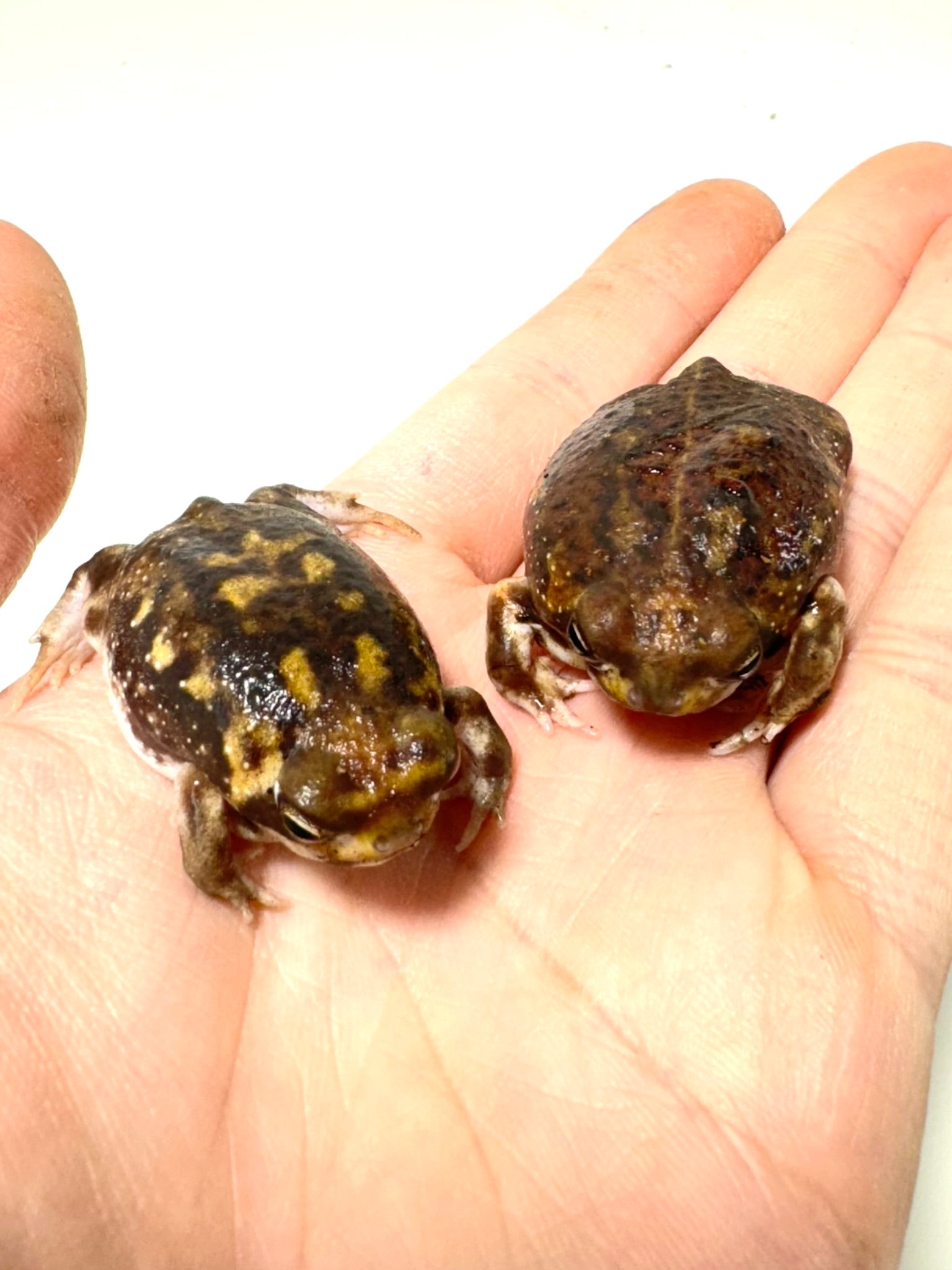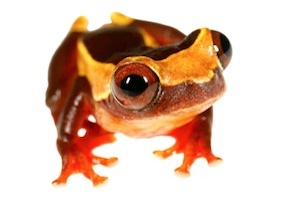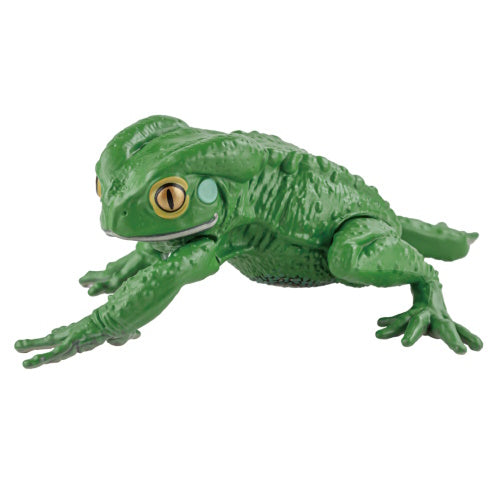Rain Frog for Sale: Discover Unusual Amphibian Pets at Unbeatable Prices!
Rain Frog for Sale: Discover Unusual Amphibian Pets at Unbeatable Prices!
Blog Article
Common Health Issues in Reptiles: Symptoms and Solutions
In the detailed world of reptile care, comprehending the common health issues that may influence these special animals is vital in guaranteeing their well-being. From breathing infections that can silently take hold to metabolic bone conditions that can cripple, reptiles are at risk to a series of disorders that call for keen monitoring and timely intervention. Whether it's facing parasitical infestations, navigating dehydration problems, or dealing with skin ailments that manifest in refined ways, being in harmony with the signs and furnished with the expertise of reliable services is vital for any type of reptile owner. By delving better into the nuances of these wellness problems and exploring the practical remedies offered, one can guard the health and vitality of these interesting pets.
Respiratory System Infections
Respiratory infections in reptiles can dramatically impact their general wellness and call for punctual attention from skilled veterinarians. These infections are generally brought on by infections, fungis, or bacteria and can show up via signs and symptoms such as wheezing, nasal discharge, open-mouth breathing, and lethargy. In reptiles, respiratory infections can be especially challenging to identify and deal with as a result of their one-of-a-kind makeup and physiology. Veterinarians usually count on a mix of health examinations, analysis imaging, and lab tests to precisely determine the underlying root cause of the infection.
Therapy for respiratory system infections in reptiles usually includes a combination of encouraging treatment, such as preserving correct moisture levels and temperature slopes in the room, as well as targeted medication to attend to the certain microorganism in charge of the infection. It is crucial for reptile proprietors to monitor their family pets carefully for any kind of indications of respiratory system distress and seek vet care at the earliest indication of a problem. With timely treatment and appropriate treatment, many reptiles can recoup fully from respiratory infections and resume typical tasks.

Metabolic Bone Condition
What factors add to the growth of Metabolic Bone Disease in reptiles?
Metabolic Bone Disease (MBD) in reptiles is mainly triggered by a lack of proper calcium, phosphorus, and vitamin D3 levels in their diet plan. When reptiles do not obtain adequate calcium, either through their food or correct UVB exposure for vitamin D3 synthesis, they are at a high danger of developing MBD. Reptiles with diet regimens reduced in calcium or unbalanced calcium to phosphorus proportions are especially prone. Additionally, insufficient exposure to UVB light prevents reptiles from synthesizing vitamin D3, which is critical for calcium absorption and bone wellness.
Other contributing aspects to MBD consist of inappropriate temperature level slopes within the reptile's environment, leading to lowered metabolic rate and damaged calcium absorption. Insufficient moisture degrees can likewise impact a reptile's ability to metabolize calcium efficiently. Specific reptile species have particular dietary requirements that, if not fulfilled, can boost the possibility of developing MBD. Regular vet exams, correct husbandry methods, and a balanced diet regimen are important to prevent Metabolic Bone Condition in reptiles.
Parasitic Problems
Parasitic infestations present a significant wellness risk to reptiles, influencing their overall health and needing punctual veterinary interest. Reptiles can be affected by different bloodsuckers, including mites, ticks, interior worms, and protozoa. These bloodsuckers can cause a variety of signs, such as weight reduction, sleepiness, skin irritation, looseness of the bowels, and even fatality if left unattended.
One typical parasite discovered in reptiles is the mite, which can trigger skin stress and anxiety, anemia, and inflammation. Ticks are one more outside parasite that can cause and send diseases discomfort to the reptile. Internal parasites like worms and protozoa can result in digestive system concerns, malnutrition, and deteriorate the reptile's body immune system.
To detect a parasitical problem, a veterinarian may do fecal examinations, skin scrapings, or blood examinations. Therapy often involves deworming drugs, antiparasitic baths, or in severe instances, hospitalization. Preventative actions such as normal vet exams, proper hygiene, and quarantine procedures for new reptiles can help decrease the threat of parasitical invasions and guarantee the wellness of reptile family pets.
Dehydration and Hydration Issues
Dehydration in reptiles can dramatically impact their health and health, necessitating timely treatment and proper hydration management. If left unattended, dehydration can lead to severe wellness problems and also be fatal to the reptile.
To stop dehydration, reptile owners need to guarantee that their pets have access to tidy water whatsoever times. The water recipe ought to be large sufficient for the reptile to saturate in if needed, particularly for varieties that read absorb water with their skin. In addition, preserving proper moisture levels in the reptile's enclosure and offering normal sites bathrooms can help stop dehydration.
In cases of dehydration, it is critical to look for vet care quickly. A vet may carry out fluids either orally or with injections to rehydrate the reptile. It is vital to deal with the underlying reason for dehydration to stop reoccurrence and make certain the reptile's overall wellness.
Skin Disorders

Verdict

Respiratory system infections in reptiles can dramatically impact their overall health and call for timely attention from experienced vets (rain frog for sale). Preventative steps such as regular vet check-ups, correct hygiene, and quarantine treatments for brand-new reptiles can aid decrease the danger of parasitical infestations and make certain the well-being of reptile pet dogs
If left without treatment, dehydration can lead to serious health and wellness concerns and even be deadly to the reptile.
Frequently evaluating your reptile for any adjustments in skin appearance, shade, or texture can help in very early detection and treatment of skin conditions, advertising the overall wellness and well-being of your scaly buddy. - rain frog for sale
In final thought, reptiles are vulnerable to various health and wellness problems such as breathing infections, metabolic bone disease, parasitic invasions, dehydration, and skin conditions.
Report this page